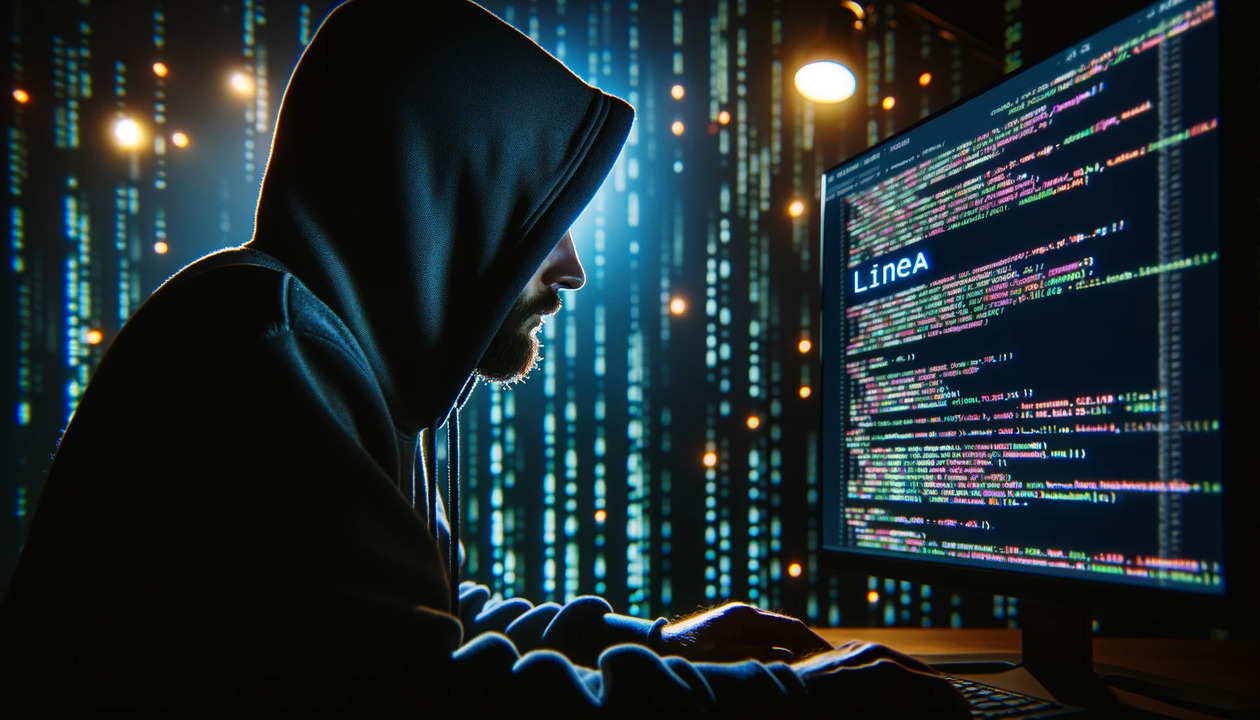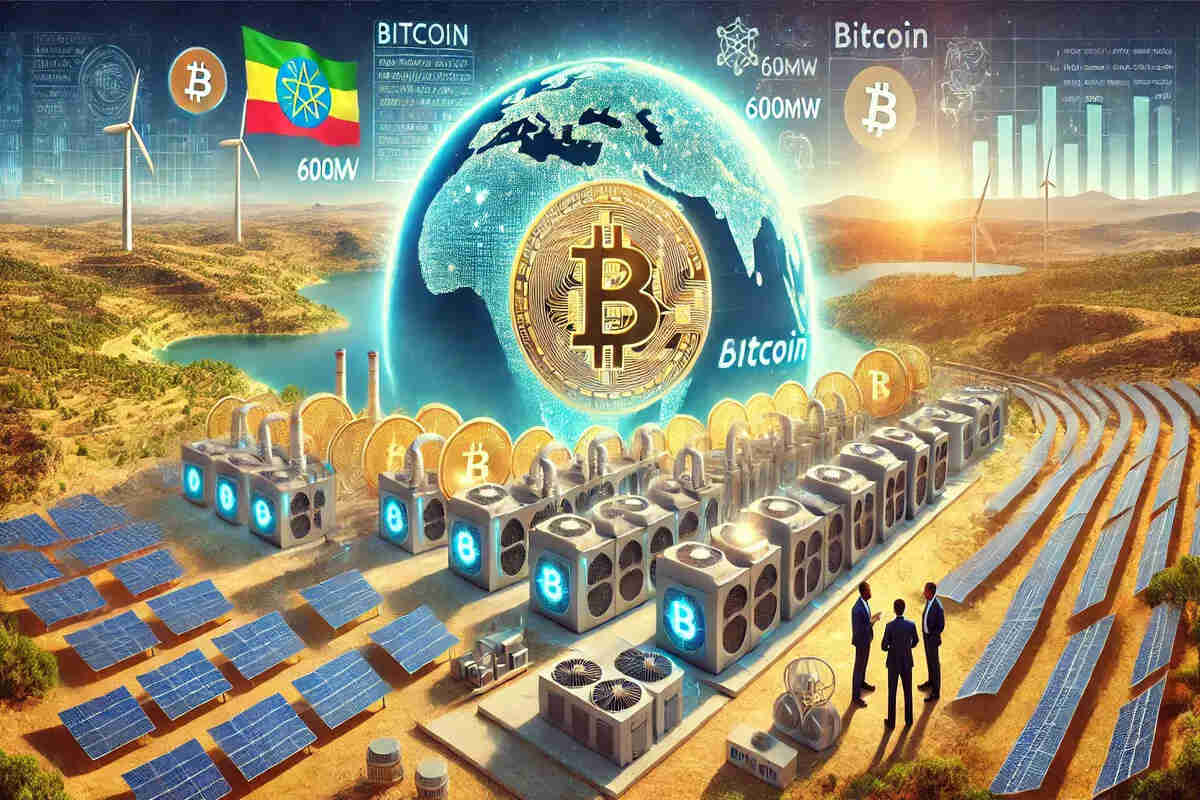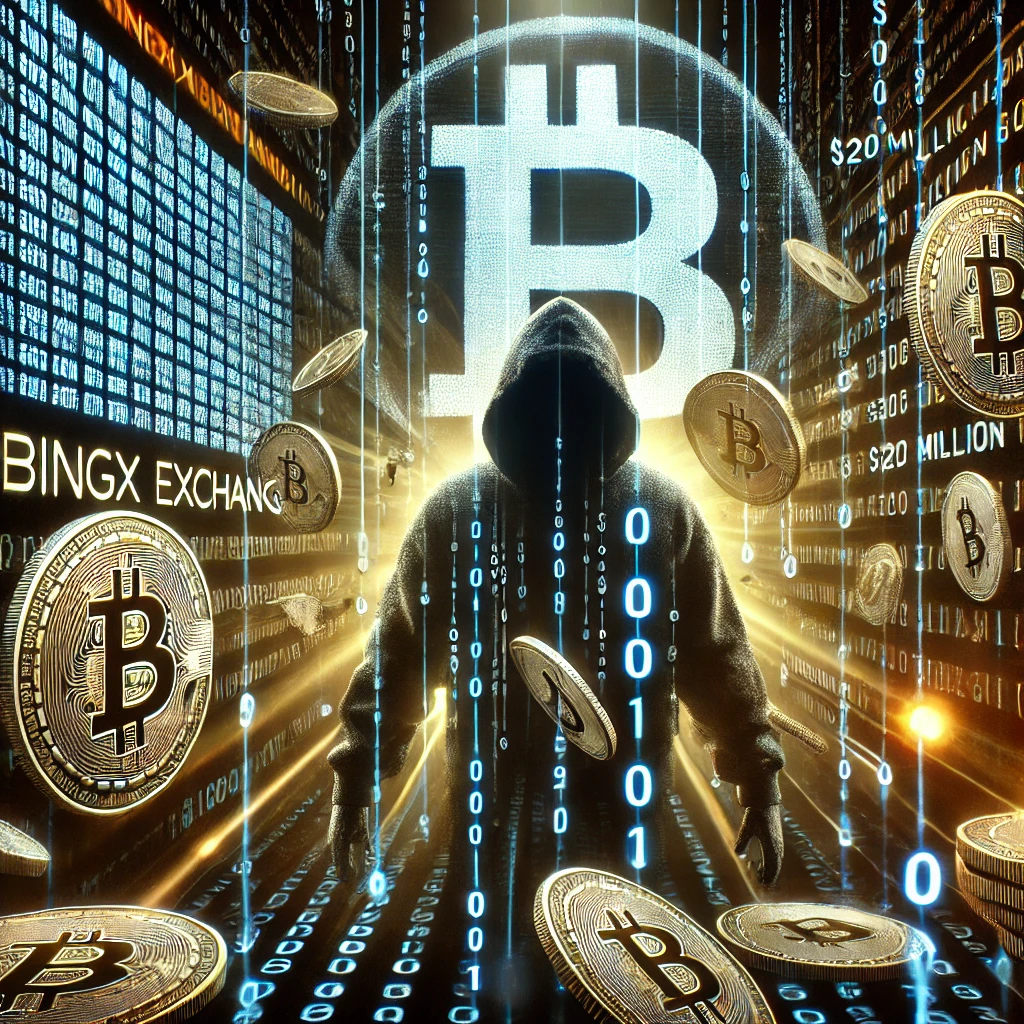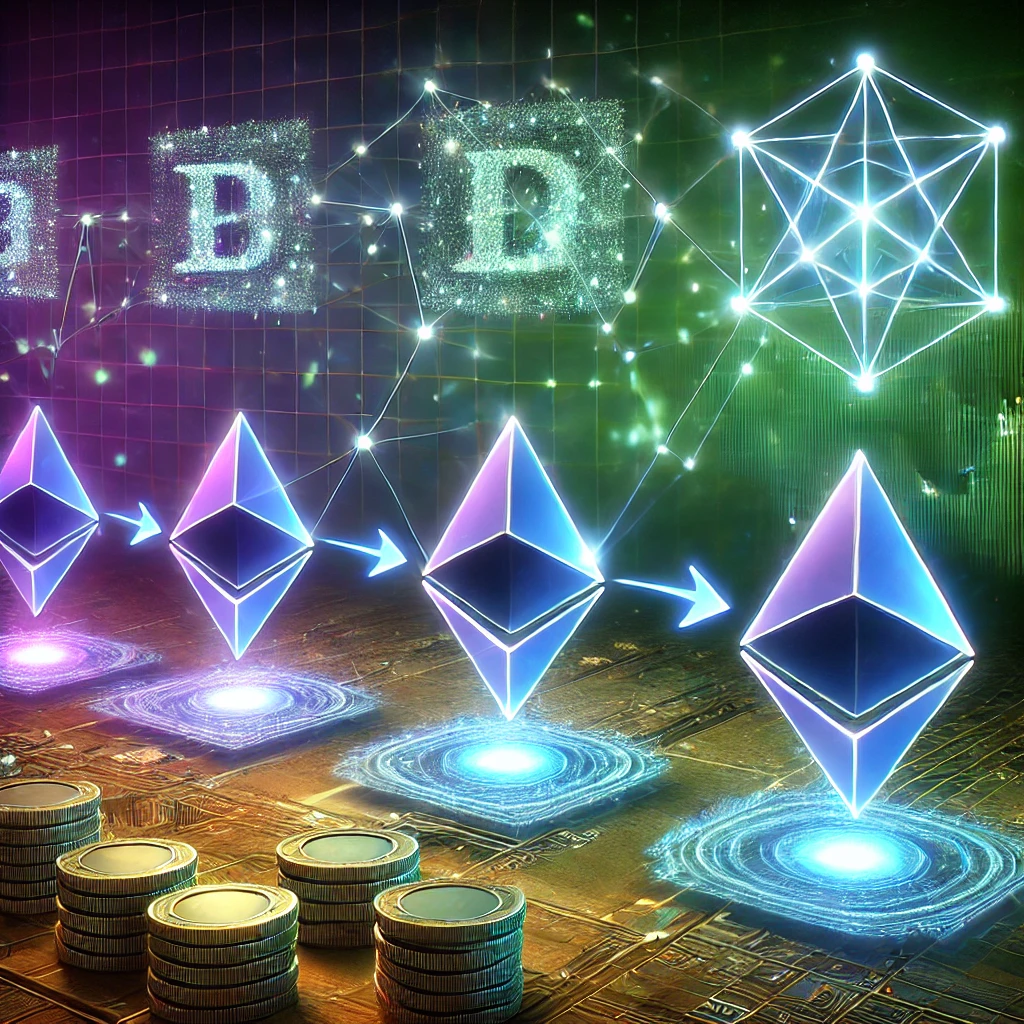
Linea, an Ethereum layer-2 blockchain, stopped block production after a hack on Velocore, a decentralized exchange on its network. The hack led to the movement of 700 ETH, worth over $2.6 million, through an unnamed third-party bridge. Velocore reported total losses of $6.8 million at the time of reporting.
Linea explained that the inability to reach the Velocore team immediately led to the decision to stop the sequencer. This pause occurred between blocks 5081800 and 5081801. During this period, Linea aimed to give the Velocore team time to address the weakness. The blockchain also hid the hacker’s addresses to reduce the impact on its users. Linea justified the pause by noting the hacker was starting to convert a large sum of tokens into ETH, which could have caused further issues.
However, the crypto community reacted strongly against this decision. Critics argue that halting block production violates the core principles of decentralization. Mert Mumtaz, CEO of Helius Labs, acknowledged the rationale but expressed concerns about its long-term implications. He stated, “Consensys’ L2 unilaterally turned off the chain yesterday. Reasonable given the circumstances but also a clear sign that this is not crypto.”
Calls for Decentralization
Alex Gluchowski, CEO of Matter Labs, emphasized the importance of decentralization for sequencers. He urged layer-2 solutions to prioritize this aspect: “Decentralizing the sequencer isn’t optional. Every serious L2 stack must race to do this first.” This sentiment reflects broader industry concerns about centralization risks.
Linea responded to the criticism by reassuring its commitment to decentralizing its network and sequencer. The company stated that as its network matures, it aims to become a decentralized, censorship-resistant environment. This future goal would prevent the team from stopping block production or hiding addresses. “When our network matures to a decentralized, censorship-resistant environment, Linea’s team will no longer have the ability to halt block production and censor addresses,” the company said.
Implications
The incident at Velocore points out ongoing security challenges within the blockchain and cryptocurrency sectors. The industry’s growth involves balancing security measures with the principles of decentralization. Linea’s decision to stop block production, while intended to protect users, raises questions about managing such crises without compromising important values.
The immediate response involved pausing the sequencer and hiding addresses, starting a debate within the crypto community. Some see it as necessary to prevent further losses, while others view it as opposing blockchain technology’s foundational values. Mert Mumtaz’s comments reflect a concern that the industry could drift away from its roots. “Reasonable given the circumstances but also a clear sign that this is not crypto,” he noted, highlighting the dilemma many in the community faced.
The hack on Velocore shows the important need for huge security measures. As the industry grows, the debate on balancing necessary intervention and following decentralization principles remains important. The reactions from various industry leaders suggest that achieving this balance is a key priority for the future of blockchain technology.
Linea’s response to the Velocore hack has started an important debate. While the immediate action aimed to protect users, it highlighted the difficulties and challenges of maintaining decentralization. The industry’s ongoing efforts to focus on decentralized solutions will be important in shaping the future of blockchain technology.
Discover more from The African Crypto
Subscribe to get the latest posts sent to your email.








